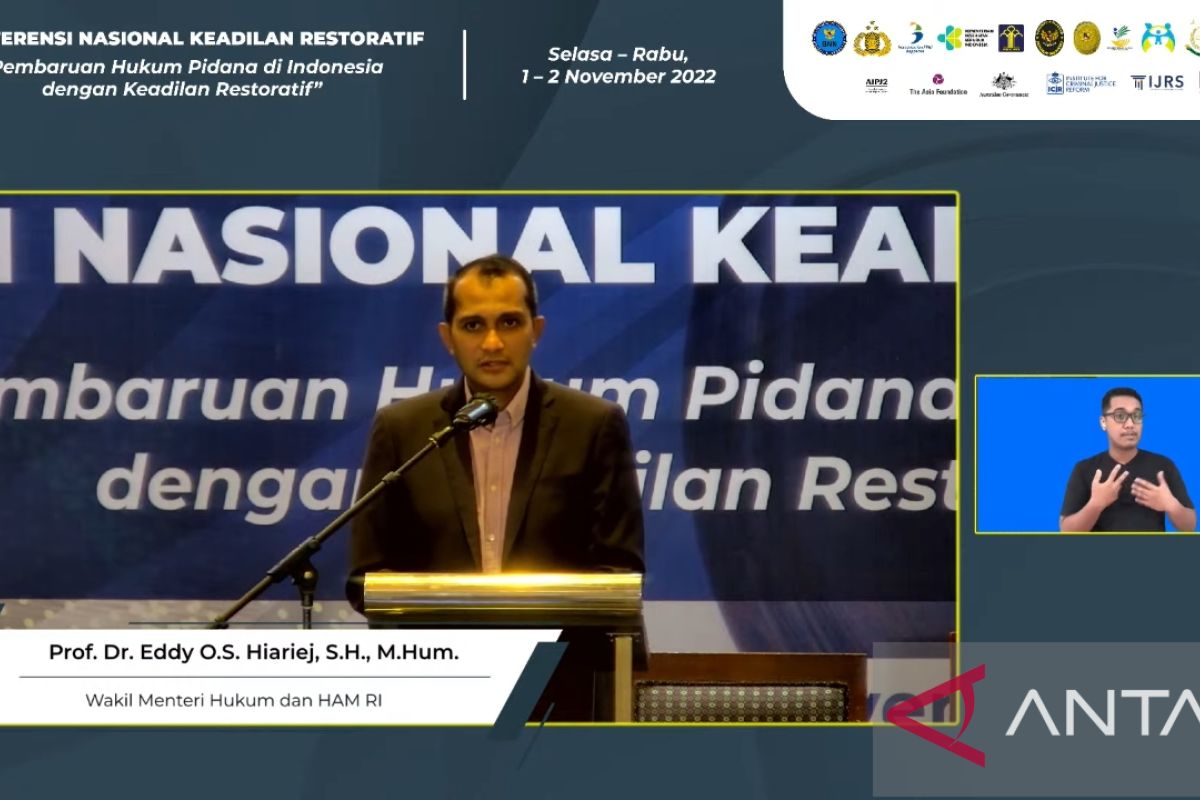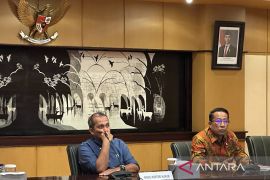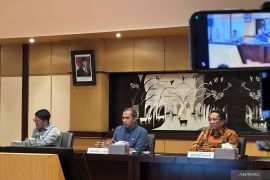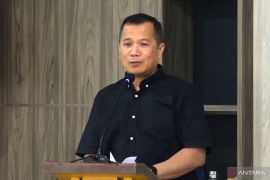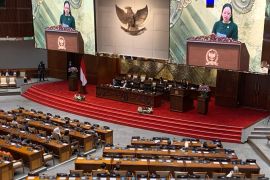It is a wrong perspective that the restorative justice will make the criminal law permissive, instead, it will make it more humaneJakarta (ANTARA) - The adoption of the principle of restorative justice would make criminal law more humane, Deputy Minister of Law and Human Rights Edward Omar Sharif Hiariej stated here on Tuesday.
"It is a wrong perspective that restorative justice will make the criminal law permissive, but instead, it will make it more humane," Edward noted during a national conference on restorative justice.
He remarked that the adoption of restorative justice would not only put the victims as subjects but also the objects in the settlement of a criminal case.
Moreover, the imposition of restorative justice would become a solution for the government to deal with the problem of overcapacity in prisons.
Related news: Draft Criminal Code employs new paradigms: Ministry
Currently, the average capacity of prisons in Indonesia reaches 140 thousand, while the number of prisoners in the country had reached 260 thousand.
According to Edward, the imposition of restorative justice is closely related to the criminal justice system in Indonesia.
Related news: Need public inputs to perfect draft criminal code: deputy minister
There should be an integrated criminal justice system that necessitates close coordination with the Indonesian Police, Attorney General's Office, Witness and Victim Protection Agency (LPSK), law and human rights minister, and Supreme Court (MA).
"The change in the criminal law paradigm would not only touch the law enforcement officials but also the public," he remarked.
In a developed country, he said, the success of a criminal justice system would not only be viewed from the perspective of the number of settled cases but also the efforts to prevent the occurrence of crimes.
Related news: Public understanding of criminal law's nature crucial: Deputy Minister
Related news: Govt lists three urgent reasons for Draft Criminal Code ratification
Translator: M Zulfikar, Sri Haryati
Editor: Fardah Assegaf
Copyright © ANTARA 2022
